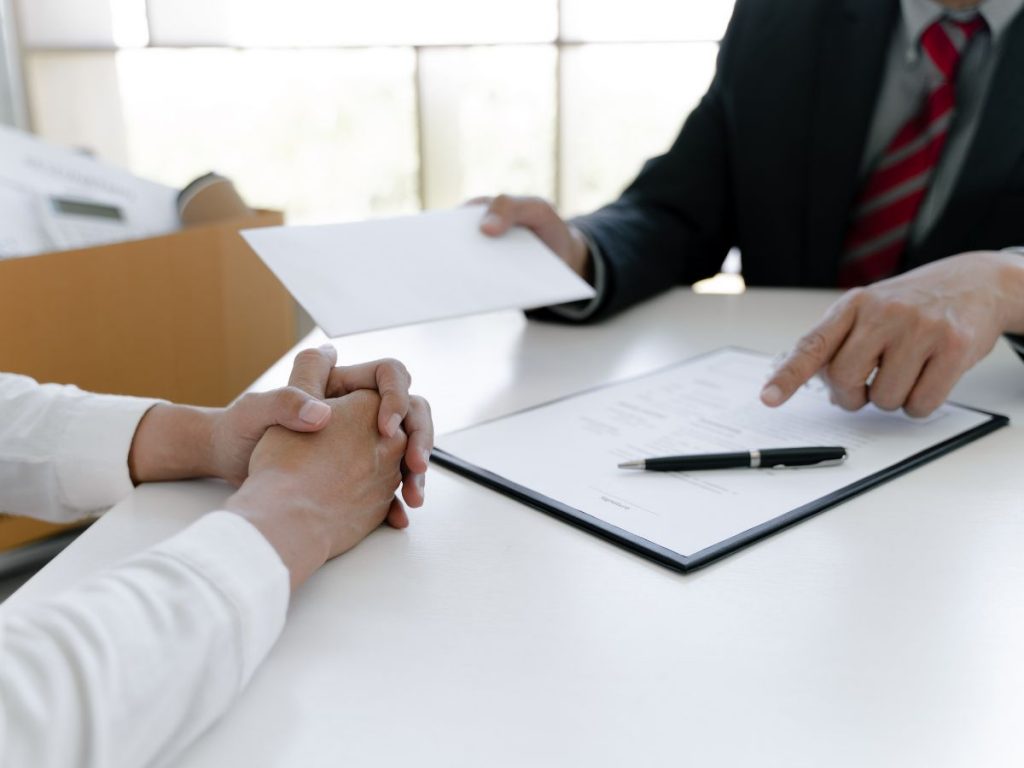Developing your Will and estate plan can be a confronting task. Even still, it’s a critical part of ensuring your assets are looked after and that your family is protected. A major part of creating a Will is choosing the people who will act as your executors. Your executors have a serious responsibility, and the right person can minimise the amount of stress placed on your loved ones.
Choosing the executors of your Will can be difficult. There are lots of things to consider, and it’s not a role everybody can handle. To help you make the best decision for your estate, we’re going to discuss how to choose the executor of your Will and some of the things you should consider along the way.
What is an Executor?
The executor of your Will is the person, people or organisation that is responsible for managing your estate after you pass away. This typically includes managing assets, distributing gifts, paying taxes and resolving disputes. Your executor has a responsibility to act in the best interests of the estate, rather than your beneficiaries. This ensures assets are not wasted and that the beneficiaries receive the maximum value from your estate.

The Duties of an Executor
Acting as the executor of an estate is a demanding task. The process typically takes around 12 months after your passing, although it may be drawn out if there are legal issues or disputes to resolve. During that time, your executor will be responsible for:
- Locating the Will. If the location of your Will is unknown, the executor’s first task is to locate the document. This may involve contacting your accountant, lawyers or close family members.
- Arranging the funeral. The executor is responsible for arranging your funeral. As far as possible, this will be done according to any wishes you leave behind.
Applying for probate. A grant of probate is an official document that recognises an executor’s right to deal with your estate after you pass away. Probate may be required to access certain assets, such as bank accounts. - Assessing the estate’s assets. One of the executor’s main duties is to uncover the assets and liabilities that your estate is responsible for. You can make this task easier by providing a comprehensive estate plan that details your assets, loans, debts, bank accounts, businesses and trusts.
- Dealing with claims against the estate. People like your children or spouse may be able to make claims against the estate if they feel the Will is unfair. Your executor will be responsible for dealing with these claims impartially.
- Tax considerations. Your executor is responsible for ensuring your estate’s tax obligations are up to date.
- Distributing the estate. Finally, the executor will distribute your estate according to the instructions in your Will.
How to Choose an Executor of My Will
In Australia, anyone over the age of 18 can be the executor of your Will. It’s common to choose partners or children to act as executor, but you could also nominate a friend, lawyer or a professional trustee service. Your executor can be a single person, or you can appoint multiple people to act as co-executors.
You can nominate up to four separate executors. The people you nominate have the right to refuse the responsibility. For that reason, it’s a good idea to nominate more than one person, and at least one of your nominees should be a Wills and estates lawyer Brisbane wide. This ensures your estate will be handled according to your wishes and that the responsibility won’t fall to the Public Trustee.
When choosing the executor of your Will you should look for someone:
- Trustworthy
- Good at managing money
- Capable of being impartial when resolving disputes
- Who has the availability to take on this time-consuming and complex role
Talk to the people you are considering appointing. Make sure they’re willing and able to take on the responsibility before finalising your Will so that the appointment doesn’t come as a surprise after your passing.
Protect Your Estate with Professional Advice from FP Lawyers
Creating a Will is one of the most important things you will ever do. Your Will is a chance to ensure your family is provided for and that your final wishes are carried out. Appointing the right executor can make all the difference to your family during a trying time, which is why we recommend seeking professional advice from FP Lawyers.
FP Lawyers are experienced Wills and Estates Lawyers. We help people create comprehensive estate planning documents that allow you to rest easy knowing your loved ones are taken care of. The FP Lawyers team can provide expert advice on any aspect of your estate plan.
From choosing executors to meeting tax obligations, establishing trusts and developing your Will, we’ll make sure your estate is looked after. If it’s time to update your Will then get in touch for a consultation today.


0 comments